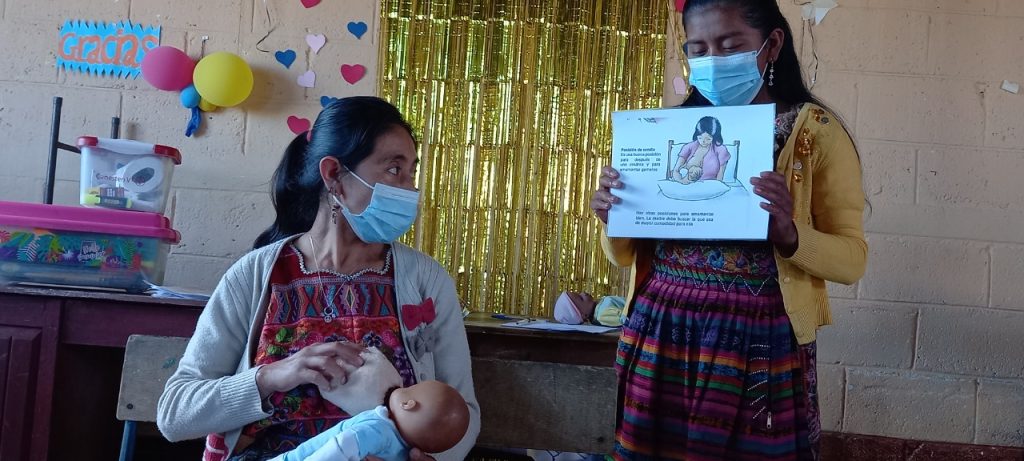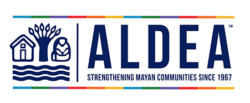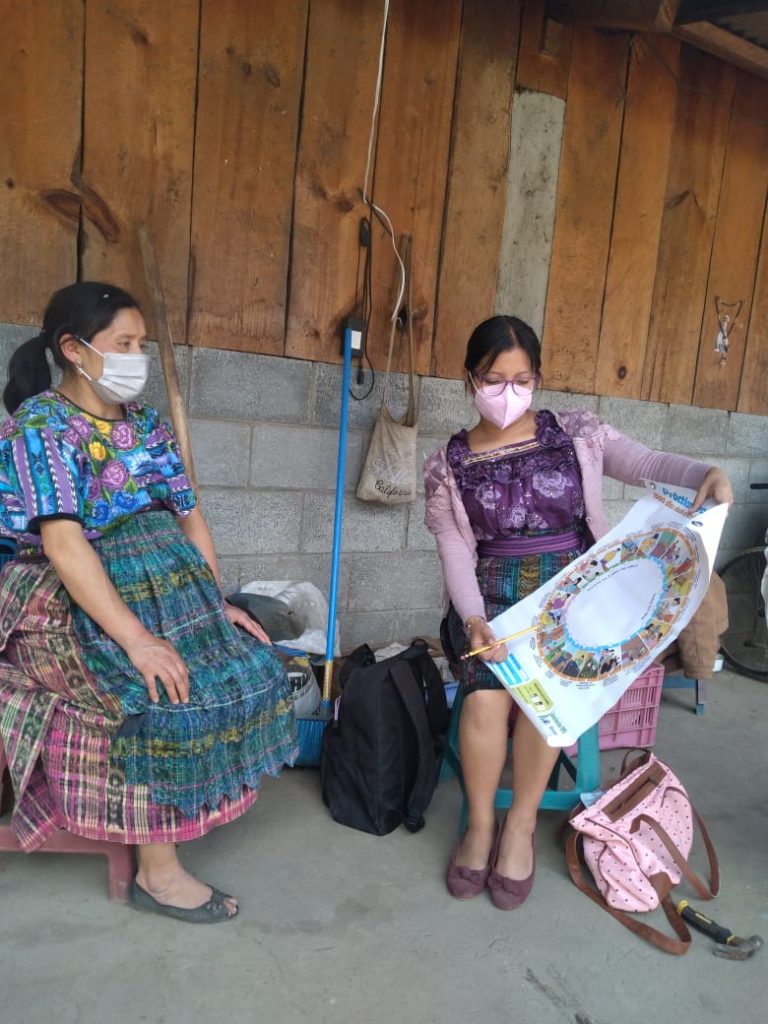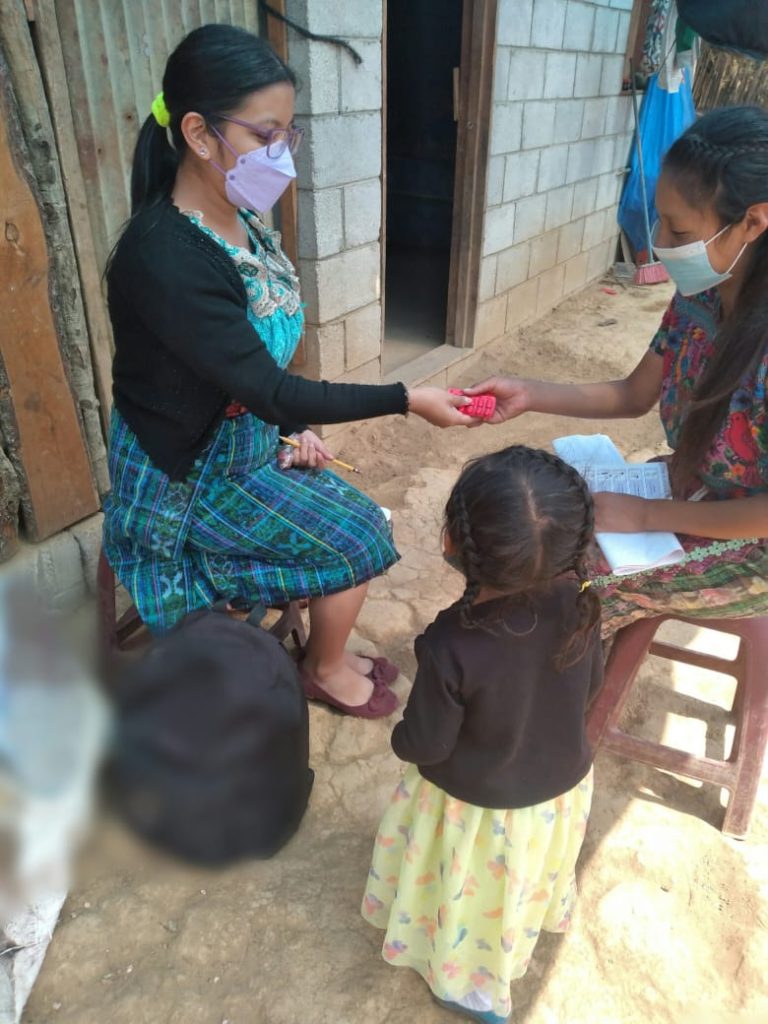Part of successful programs is supporting partner communities in accessing experts that can provide accurate information from trustworthy sources on topics related to reducing chronic childhood malnutrition. For example, our workshop facilitators work with participating women to promote exclusive breastfeeding during the first six months of a baby’s life to avoid malnutrition, explaining the benefits of the practice, allowing time for discussion, practice, and questions. Building relationships and trust is key to our approach and necessary to cultivate relationships based on mutual respect and collaboration with partner communities.
Another contributor to success is follow-up and monitoring to ensure that skills learned, and concepts presented during workshops are implemented by program participants. Our team of nurses are an integral part of the support we provide to those take part in our programs, visiting dozens of families each day to evaluate progress, answer questions, offer personalized advice on a variety of topics, and provide follow-up care for children that suffer from chronic childhood malnutrition and pregnant women, distributing vitamins and zinc when necessary. Each participant is also given “the wheel”, a tool they can use as a guide to different best practices to keep in mind during pregnancy and the first two years of the baby’s life, that serves as a resource for pregnant women and new mothers when community health promoters and ABPD nurses aren’t available.
Combining these techniques: trainings facilitated by experts, provision of resources for participants to review independently, and follow-up to reinforce skills and information gained through trainings, serves to strengthen growth and ensure sustainable outcomes that allow participants to take the lead in creating healthy and positive futures for their families.



